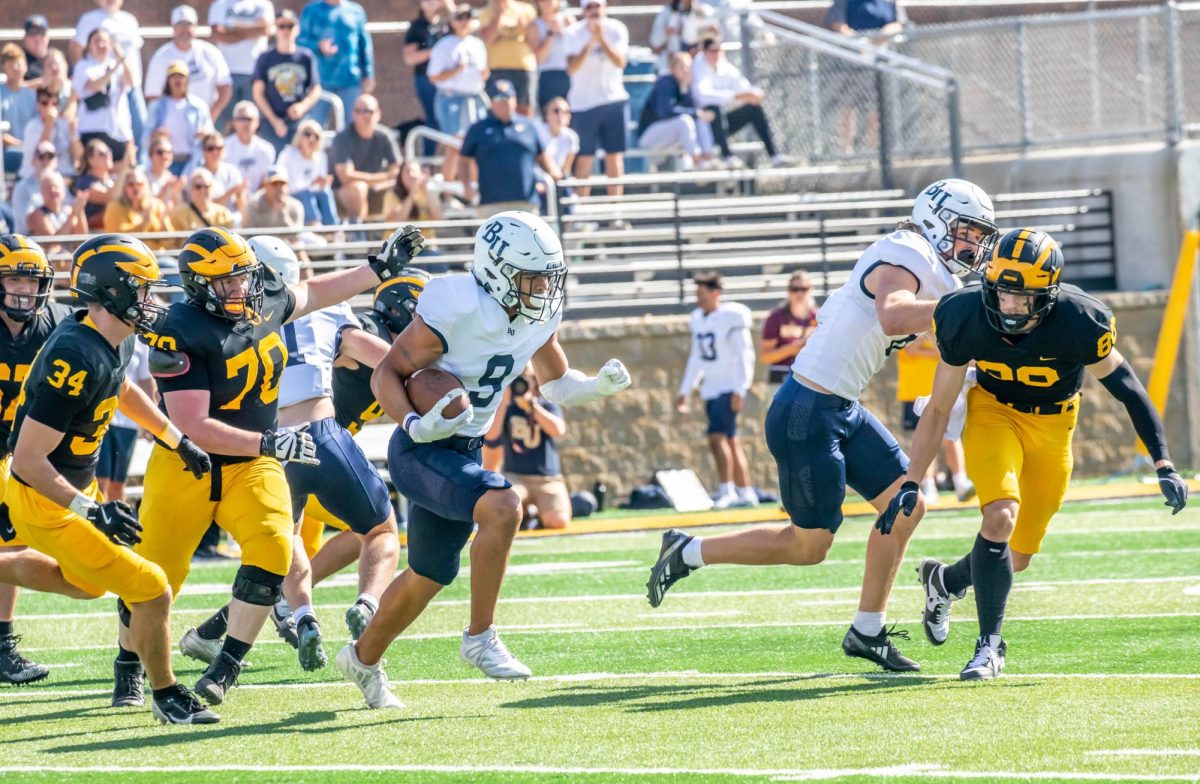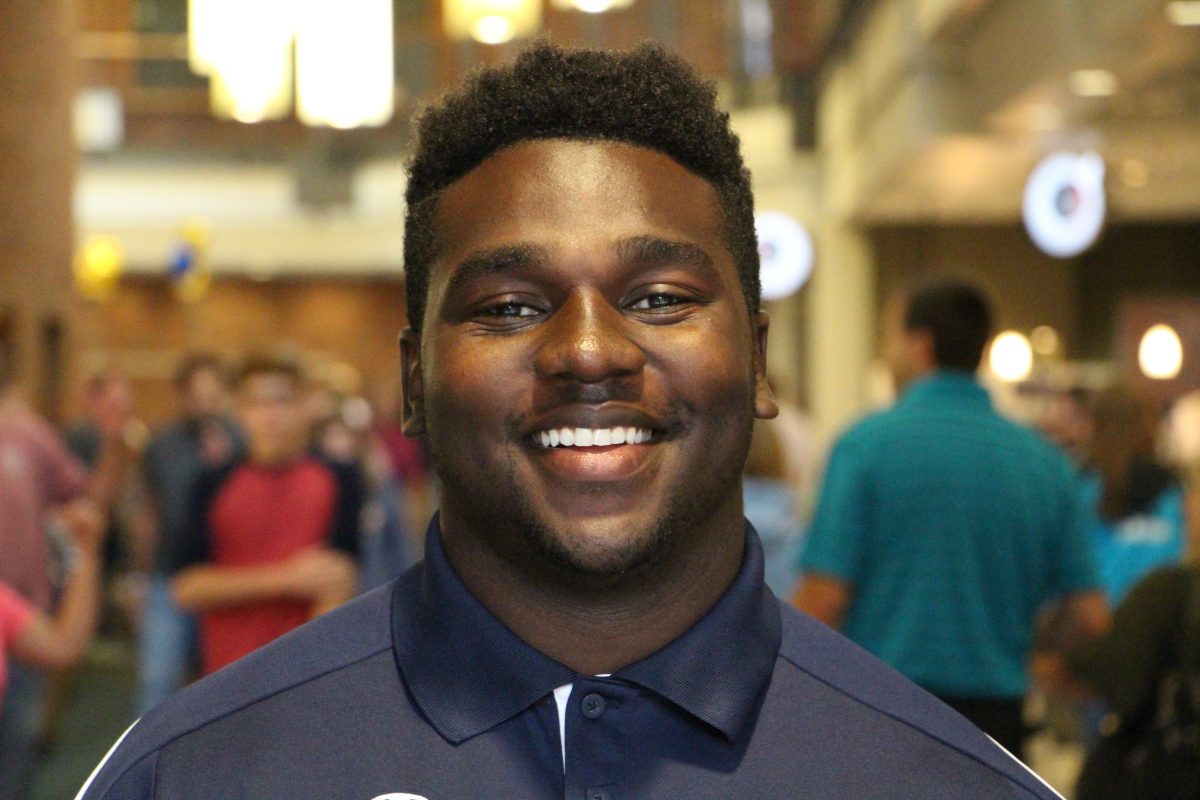The following is an opinion piece and does not necessarily reflect the views of The Clarion, its staff or the institution. If you would like to submit a response or an opinion piece of your own, please contact [email protected].
Columnist Godfrey Mpetey reflects on television’s and film’s roles in narrating the black experience in the U.S.
By Godfrey Mpetey
The 2009 biographical sports drama, The Blind Side, is the ultimate underdog story of how an African American teenager, Michael Oher, raised in a tough neighborhood with minimal resources. He had to fend for survival, resorting to sleeping in his high school gym to escape his drug-riddled community. He rose to become a prominent offensive tackle for the University of Mississippi (Ole Miss) before entering the NFL. All this was due to his effort, determination and the help from his adoptive white parents.
Throughout the film, the audience’s empathy is tested while highlighting Oher’s life. For example, Oher told Leigh Anne Touhy, his adopted mother, that he had never had a bed of his own. This practically tears the pulmonary arteries from the audience’s chest.
What I didn’t enjoy was the underlying white savior complex that the movie leans on. Oher’s character throughout the film is depicted as the stereotypical poor, unintelligent black teenager who came from nothing but invested in his athletic ability to become who he is today. It’s an age-old narrative of films conveying pity towards African Americans with the sassy, privileged white mother swooping in to save the day.
Hollywood is to blame for this weak portrayal of Oher. Throughout the film, his story is depicted as if the only hope for himself is assimilating to his adoptive families’ upper-middle class lifestyle. NPR’s Michael Martin offered the best summary of Oher’s depiction.
“[The film is another version of] too-frequent narrative in American film and culture, where African-Americans don’t really exist in their own right but rather, as foils for white virtue or redemption.” Martin said in an 2009 NPR segment of “Tell Me More.”
As I grew older, I noticed a repetitive narrative which African Americans has been featured in media. Constantly, African Americans are summoned to the same roles. It’s easier to cast us into a stereotype when a larger population implicitly views us as such.
African Americans are cast as submissive because that’s what we are. “The Help.”
African Americans are cast as thugs because that’s who we are. “The Wire.”
African American women are cast as loud, brash and aggressive people because that’s how we are. “Love and Hip Hop.”
As a child, I had difficulty envisioning television shows that replicate my own experience. Basic cable limited my imagination to constant reruns of Spongebob Squarepants, Courage the Cowardly Dog and Barney. These shows provided endless quotes, memorable moments and jubilance to a 7-year old African American child living in a small suburb in the southern metro of Minnesota.
It failed to present my reality which starkly contrasts the reality my predominantly white classmates had. It failed in comparison to shows such as “The Proud Family,” “That’s So Raven” and “The Cosby Show,” which highlighted topics such as race and social issues, importance of education and family.
However, one show mirrored my experience as an African American kid growing up in the rough streets of Farmington as the aroma of manure protruded from the local farm. This show was Nickelodeon’s “Little Bill.”
“Little Bill,” created by Bill Cosby in 1999, featured an inquisitive 10-year-old African American boy who lived in a Philadelphia neighborhood with two parents, two older siblings and his great grandmother.
For those who don’t know, “Little Bill” was lit. The show’s intro featured smooth jazz symphonies that bellowed throughout my three-story home in Farmington. As each of Little Bill’s family members repeated his name in quisitive fashion, Little Bill shuffled through each vibrant setting as his bald scalp glistened and his baby teeth shined an enormous grin.
Little Bill is who I am. As a curious, eager African American child, I needed this representation early to truly know who I am. This goes unnoticed in our society, mainly because I don’t think white people think much about their representation as a larger society.
Today, as a 22-year-old senior in college, I’m posed with different experiences such as relationships, friendships, work, social life, finances and many more. This isn’t exclusive to me because people my age are going through the same experience. However, race is an important part of my experience because it defines my identity.
The black experience is no longer one dimensional. Numerous executive producers and writers have led the way in the renaissance of black artistry. One of the most popular mediums used is television. In the last few years, television has become blacker. African Americans executives such as Lee Daniels (co-creator of Empire), Kenya Barris (creator of Black-ish), Larry Wilmore & Issa Rae (creators of Insecure) and Donald Glover (creator of FX’s Atlanta) created platforms for their shows to focus on social and racial issues, politics, family, relationships, sexuality, police brutality and many more. The black narrative has been rewritten by making the black experience valuable.
These shows provide a redefinition of what it is to be African American in our current American society. This narrative is more crucial than ever with the rise of Black Lives Matter, the last term of President Barack Obama and systematic injustices that remain present today.
The narrative of the African American is important because it is the narrative of American culture. Our hands and minds are crafting the new wave of media. It is imperative for African Americans to redefine the narrative that hasn’t shined our story in the brightest light.


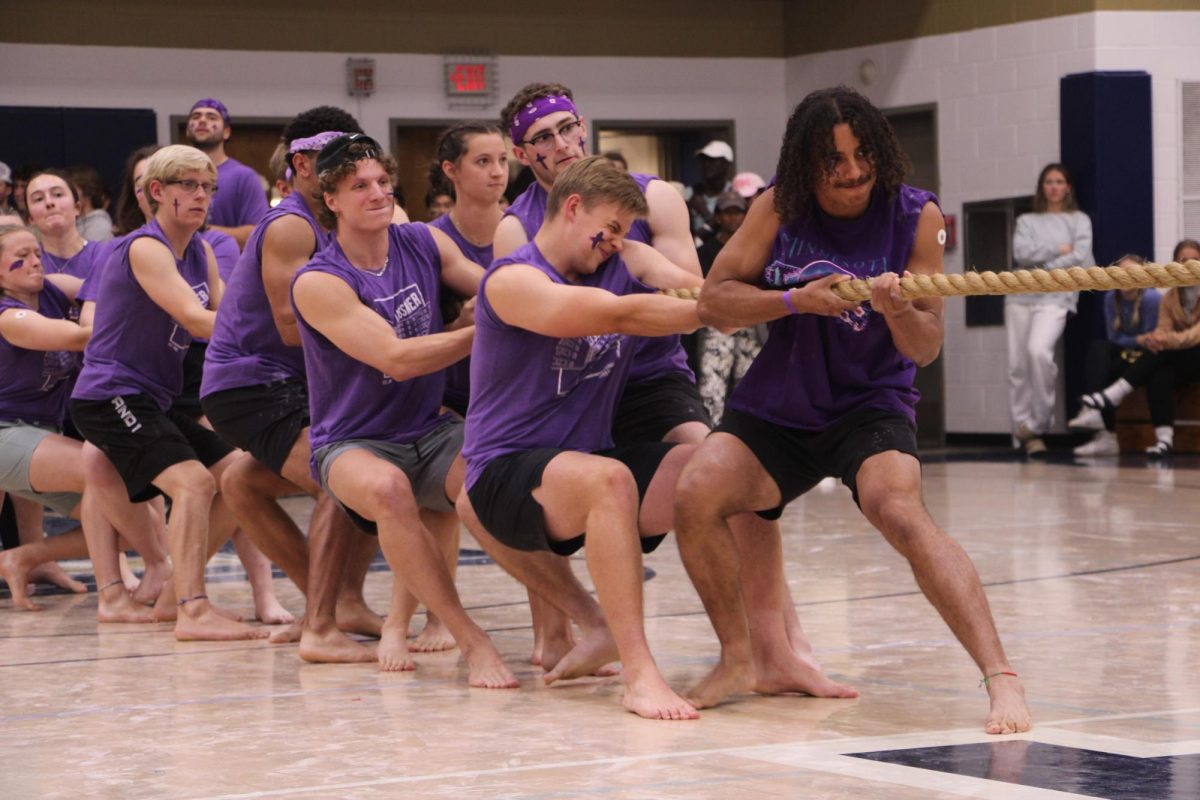
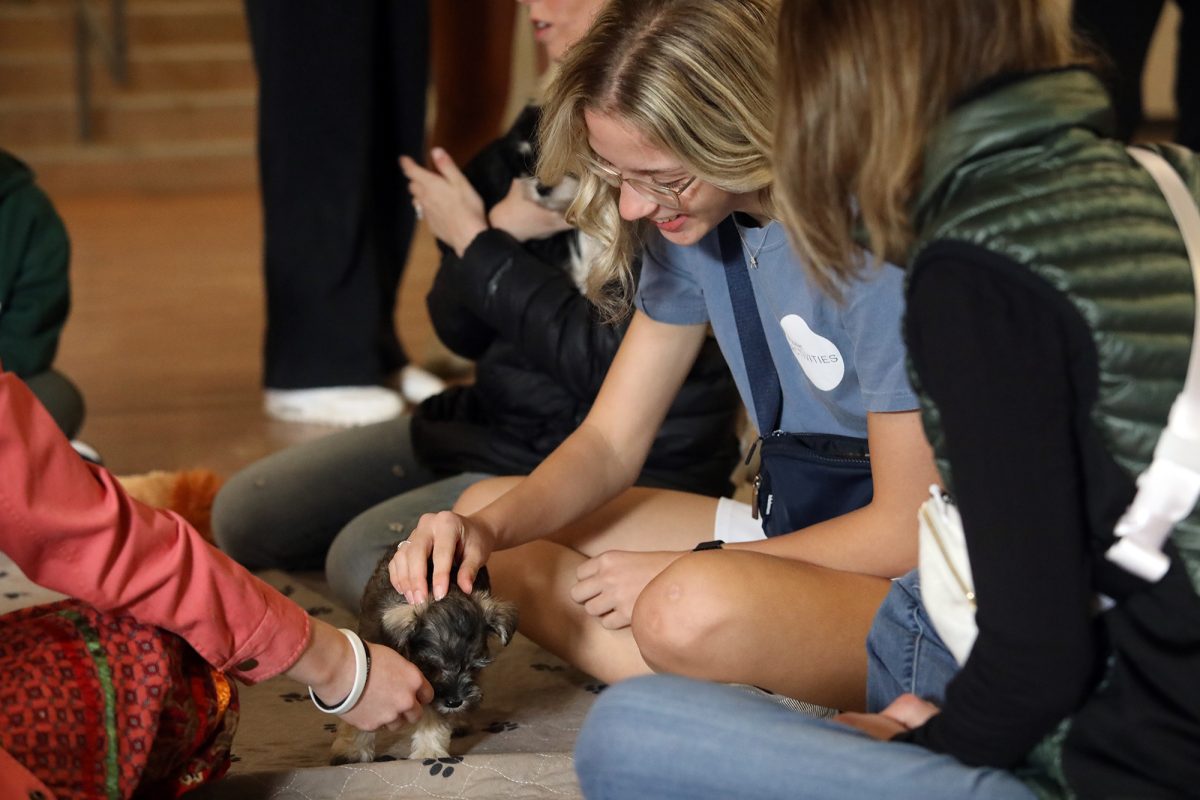
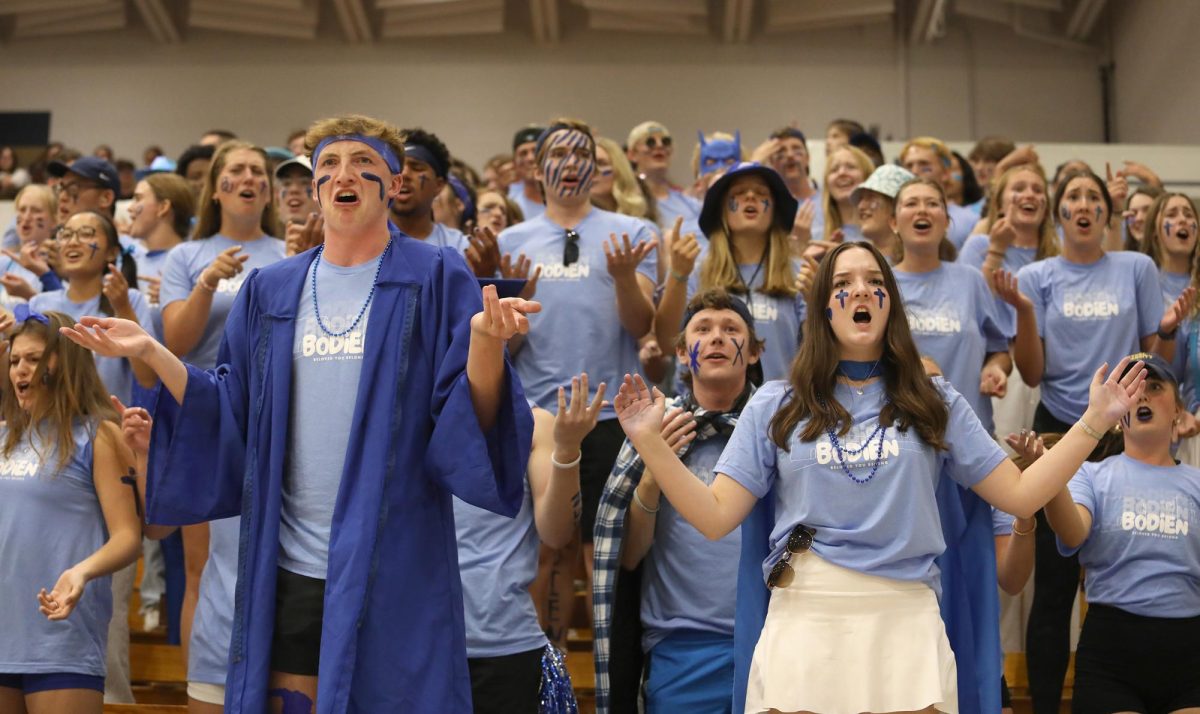



![Senior Bethel receiver Micah Niewald sheds a would-be tackler on his way to a touchdown in the Royals’ 73-8 win over Augsburg Saturday. Niewald sped his way to two touchdowns in the win, tallying 62 yards after the catch between the two scores. “Knowing I can outrun the guy that’s chasing me is a big thing,” Niewald said. “That’s going back to [strength and conditioning] Coach Meyer and everything we do in the summer and off-season.” | Photo by Carl Schumland, Bethel Athletics](https://thebuclarion.com/wp-content/uploads/2024/10/3J9A1632-1200x800.jpg)

